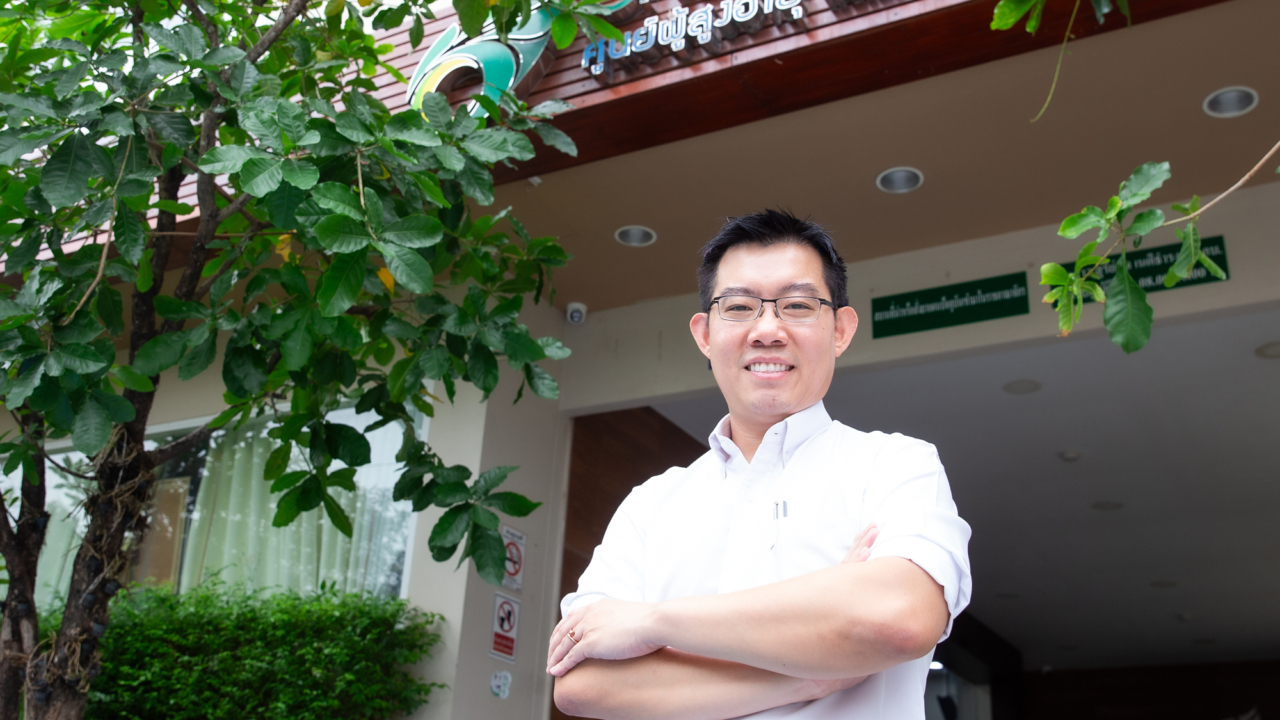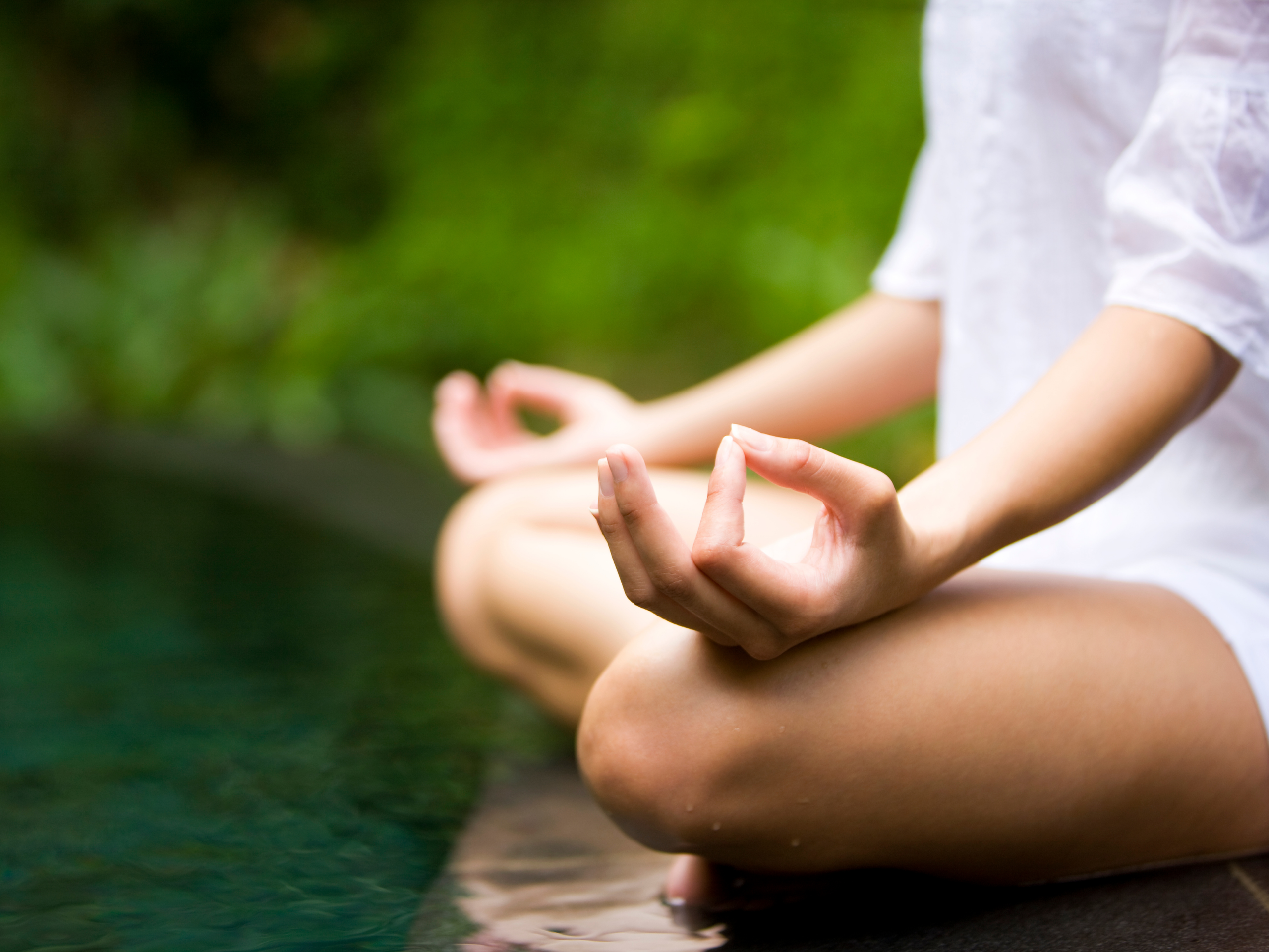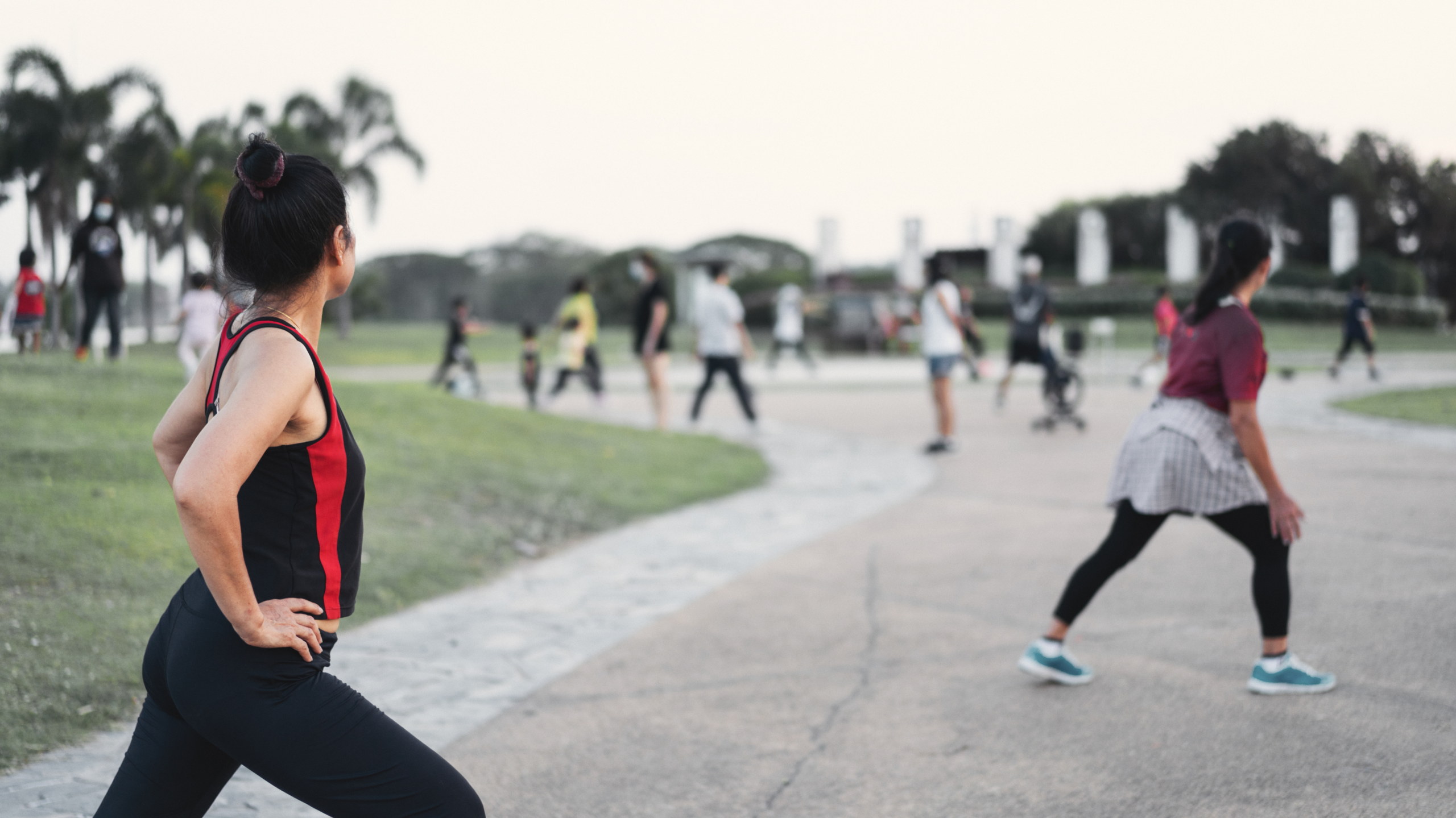Caring for others begins with caring for yourself
Burnout… How Can We Keep Going?
Caring for Others Begins with Caring for Yourself
This article is shared by Dr. Kengpong Tangarunsanti from Chersery Home International who wishes to remind caregivers to pause, care for themselves with kindness, and recognize the meaning in what they do, because caring for others with joy begins with caring for one’s own heart.

5 Principles for Caregivers to Take Care of Themselves
Caring for the elderly requires both physical and emotional strength. Many caregivers forget to look after themselves. Here are five key principles to help maintain balance, prevent burnout, and preserve compassion.
1. Always Put on Your Own Oxygen Mask First
Just like on a plane, you must care for yourself before helping others.


2. Create “Mental Space”
Caregivers facing constant stress are at risk of emotional fatigue. Creating mental space helps restore calm and reduce tension.


3. Asking for Help Is Not Weakness, It’s Survival
Those who try to do everything alone burn out faster than those with support networks.
Respite care: Short-term substitute care allows caregivers to rest and recharge.

4. Move Regularly, Even a Little
Movement helps both body and mind.

5. Refill Your Heart with Meaning and Acceptance
What truly drains caregivers is not exhaustion, but losing sight of purpose.
Try journaling daily: “Today I helped someone feel safe” or “Something good I learned from them.”

